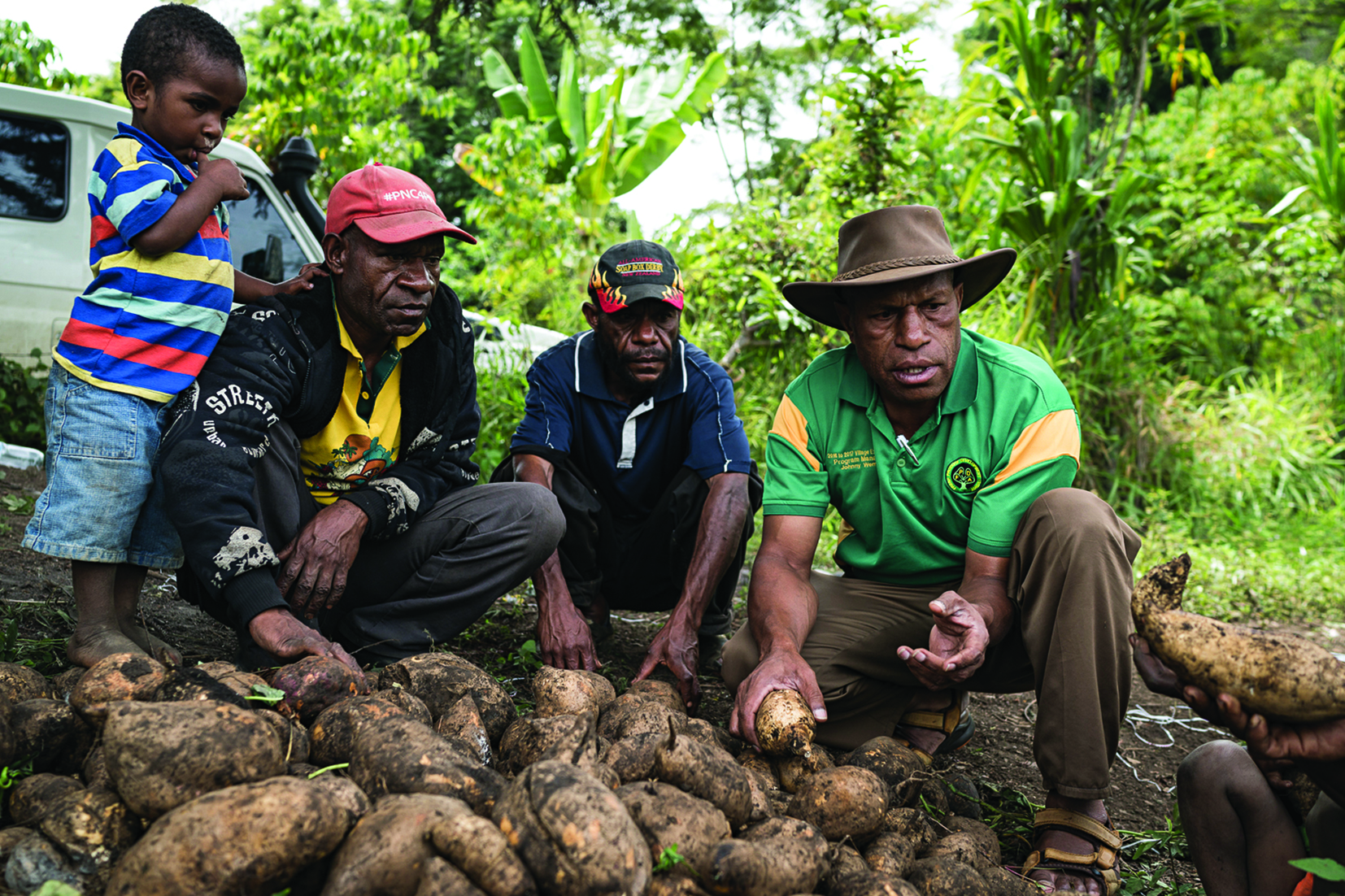Although different in mandate and size, ACIAR and DFAT often work together towards common goals.
Both DFAT and ACIAR sit within the Foreign Affairs and Trade portfolio, with a long history of partnership and cooperation, building on each other’s strengths to deliver greater benefits to smallholder farmers in partner countries.
Australia’s Official Development Assistance (ODA) budget of around $4 billion is largely managed by DFAT, across a wide range of activities and countries in the Indo-Pacific region, South Asia and Africa regions. The ODA portfolio has the broad objective of improving lives, strengthening economies and managing the effects of poverty
and inequality.
ACIAR receives a smaller portion of the annual ODA budget (approximately $100 million) to fulfil its mandate to develop sustainable agricultural systems and increase food production through agricultural research.
Within DFAT, Ms Robyn Mudie has held senior roles that have allowed her to create close working relationships with ACIAR, notably her recent position as Australia’s ambassador to Vietnam. She is currently the first assistant secretary leading DFAT’s Office of Southeast Asia Regional and Mainland Division.
‘DFAT’s relationship with ACIAR has been one of close partnership and mutual benefits,’ said Ms Mudie. While DFAT works towards a bigger picture to support the development, prosperity and peace of the region, ACIAR illustrates the value and outcomes that come from the broader foreign policy relationships with Australia.
‘ACIAR allows us to walk the talk in terms of what we’re providing to a country like Vietnam,’ Ms Mudie said. ‘It has given us extremely strong ties into the agricultural and scientific communities, which gives great depth to the way we can engage with partner countries.
‘ACIAR has given us really strong insights into the needs of these countries and allowed us to develop programs in cooperation with Asia that are extremely effective.’
Ms Mudie said successful collaborations with ACIAR provided DFAT with evidence-based content for contributions to international forums, such as the United Nations Food System Summit and UN Climate Change Conference (COP).
‘We have examples of what can be applied elsewhere, and what can be achieved after scaling up projects within individual countries, or more broadly across the region. It gives us great credibility when we share lessons learned with others.’



